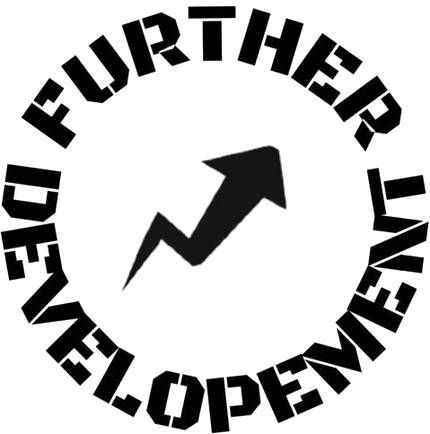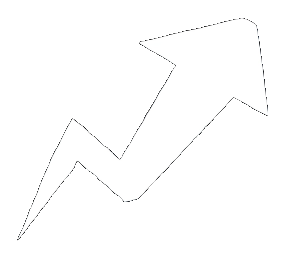The US gross domestic product posted its second straight quarterly drop — an alarming development that economists widely view as the definition of an economic recession.
The economy shrank by 0.9% in the second quarter, surprising economists who had forecast it to grow by 0.3%, according to Commerce Department data. The downtick came on the heels of a first-quarter report in which the US economy posted a surprise decline of 1.6%.
While inflation surges to a 40-year high and pounds shoppers, the stock market is suffering a protracted tumble and the once-booming US housing market is poised for price declines as demand from cash-strapped buyers dries up.
Corporate earnings have also begun to suffer, with Walmart and Meta among the companies posting weak results.
The GDP report — seen as the broadest indication of the US economy’s performance — was released one day after the Federal Reserve hiked its benchmark interest rate by three-quarters of a percentage point for the second straight month to cool inflation, which hit 9.1% in June.

The Fed’s sharp rate hikes have stoked concerns about its ability to engineer a “soft landing” by taming inflation without causing an economic downturn.
The GDP drop followed assurances by top economic policymakers that the underlying economy is strong. Fed Chair Jerome Powell indicated on Wednesday that he does not see the US economy in a recession at present.
Treasury Secretary Janet Yellen has also rejected that notion that a recession is already underway.
“You don’t see any of the signs now,” Yellen said. “A recession is a broad-based contraction that affects many sectors of the economy. We just don’t have that.”
Yellen added that she would be “amazed” if the National Bureau of Economic Research declares a recession in the near future.
“I would be amazed if the NBER would declare this period to be a recession, even if it happens to have two quarters of negative growth,” she said. “We’ve got a very strong labor market. When you’re creating almost 400,000 jobs a month, that is not a recession.”

The National Bureau of Economic Research is viewed as an authority on recessions and defines them as “a significant decline in economic activity that is spread across the economy and that lasts more than a few months.” While two straight quarters of GDP decline are informally seen as indicative of recession, the NBER does not assign a specific timeframe to its definition.

“This is a desperate and shameful attempt to move the recession goalposts to prevent Biden from being labeled a recession President,” said Alfredo Ortiz, CEO of the conservative Job Creators Network. “Americans don’t care about this technical definition but have long been suffering from sky-high gas prices and skyrocketing inflation.”
During her press briefing this past Monday, White House Press Secretary Karine Jean-Pierre claimed “economic indicators” in the labor market showed the economy was not “in a recession or even a pre-recession.”
“Both sides have to spin it the way they have to spin, but two things can be true at once – that we don’t right now know if it’s going to be a severe recession or not, but that we do have what has technically and imperfectly and historically been called a recession,” said David Bahnsen, chief investment officer at The Bahnsen Group.
“There’s a lot of good signs within the economy but there’s a lot of signs that are worsening and there’s no point in denying that any further,” Bahnsen added.
The Biden administration’s spin drew widespread criticism, with Michael Burry, the investor who correctly predicted the 2008 housing market crash, among those who slammed the White House’s response.
“The White House would like you to redefine a recession as one in which consumers are not borrowing on credit cards to pay for inflation, and neither is the labor force inadequate for the size of the economy,” Burry said earlier this week. “GDP out Thursday, not that there’s anything wrong with that.”





